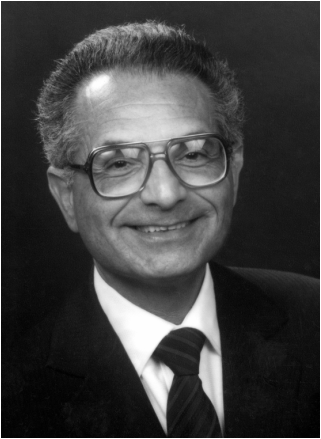The Truth |
|
My father died near evening, having spent
most of the day straining toward that closure. In the end, I watched the monitor count down the beats of his heart’s surrender, his eyes fixed on nothing I could see, though I’d like to believe he was looking at something, his own father, say, coming to show him the path into a different world. I never knew dying could take such effort, as if Death, at the last, pulls back his outstretched hand and we must chase after the shroud of his dark wings. All day I’d held my father’s hand, leaned over his thin form the way I remember he’d leaned over my bed when I was a child. I ran my fingers through his fine, black hair, matching my breath to the respirator’s hiss-- as if desire alone could save him. The truth is, I wanted nothing more than a flat line on the screen, the steady hum which means the heart has lost its music, blood going cool and blue in the veins. I wanted it to be the way that cliché goes, the one which says we don’t die, really, we just go to sleep. But his heart refused romantic notions, hammering an unsteady beat hours after I told the doctor to disengage the machine which kept the pulse constant against the body’s will. I started to write how his muscles, deprived of oxygen, rippled like the smooth flanks of horses in the home stretch, that graceful and sure, but it’s a lie—the truth is, the spasms were strong enough to make our own hearts quicken, our arms strain as his head slipped over the pillow, his legs quivering, pitiful. I wanted to tell you I saw a boy, slight and beautiful, leaning against the waiting room door, his right shoulder transparent, half in, half out of the dark oak grain, as if he wanted me to see there is a life beyond the one we know. But that, too, would be a lie. The truth is, that room was empty, except for the boys on TV, the ones in Soweto who doused a man with gasoline, set him alight, his head engulfed in flame like an infernal nimbus, fire folding its terrible arms around him as he fell to the ground, silent as snow. When my father died the sun was just beginning to set. Friday. High summer. Though I couldn’t see from the tight, dim room, I knew cars crowded the streets, everyone anxious to get home where, perhaps, someone else waited. Or maybe it was just solitude they rushed toward. I didn’t begrudge them such happiness, but blessed their ignorance as they squinted against the light, cursed the grass, too long to be ignored, and the mailbox with its freight of bills, news, catalogues which promised to satisfy any desire. Standing by my father’s bed I needed him to live because my own heart was breaking. The truth is, we never have all we need. I came to understand how my hand grasping his must have made him hesitate between two worlds, the way a child learning to swim glances from a parent’s hand to the pool’s blue-green shimmer, then back again. Or maybe the way I hope those boys in Soweto paused before they turned toward their neighbor, small fires in their palms fingering air. My father moved his head against his shoulder as if, already, he were looking back at us from some vast distance. Perhaps Death is more timid than we imagine, slipping off the soul the way love might begin with the shy undoing of an evening gown. I held on to my father’s feet—how elegant they were, even then, like the feet of a Bernini seraph, sleek, cool, too perfect to believe they’d carried him through the world so long, and finally, to that bed. I didn’t want to hold him back but, if such a thing is possible, to push his spirit out through the crown of his head, give him the power to rise from that body, its twisted spine, thighs thin, hollow, ready for flight, and the cancer we’d measured in the deliberate spreading of red, mottled skin like a map being drawn in front of our eyes. What world, I wonder, did it describe? We talked about the times my sister and I went with him after bluegill, grayling, bass—the week in Canada we didn’t catch a thing, the evenings loons would cry across still water while we sat around a fire, our faces amber, otherworldly in that light. It must have been those memories which gave him strength to move toward that other shore, which only the dead can know, where perhaps he rose from dark waters deep as sleep and remembered this life as a dream. In his room, the monitor pushed an incandescent line across the screen, as if to underscore mortality. A nurse removed the needles, the tube which ran like a taproot into the sweet cave on my father’s chest. His mouth, open, filled with the machine’s emerald glow, as if the tongue he now spoke were a language of light. Sometimes we have nothing to grasp but such implausible fire. Just that. |
